Towards a Sustainable Migration
Emergency Assistance and Humanitarian Protection to migrant population in Tripoli area.
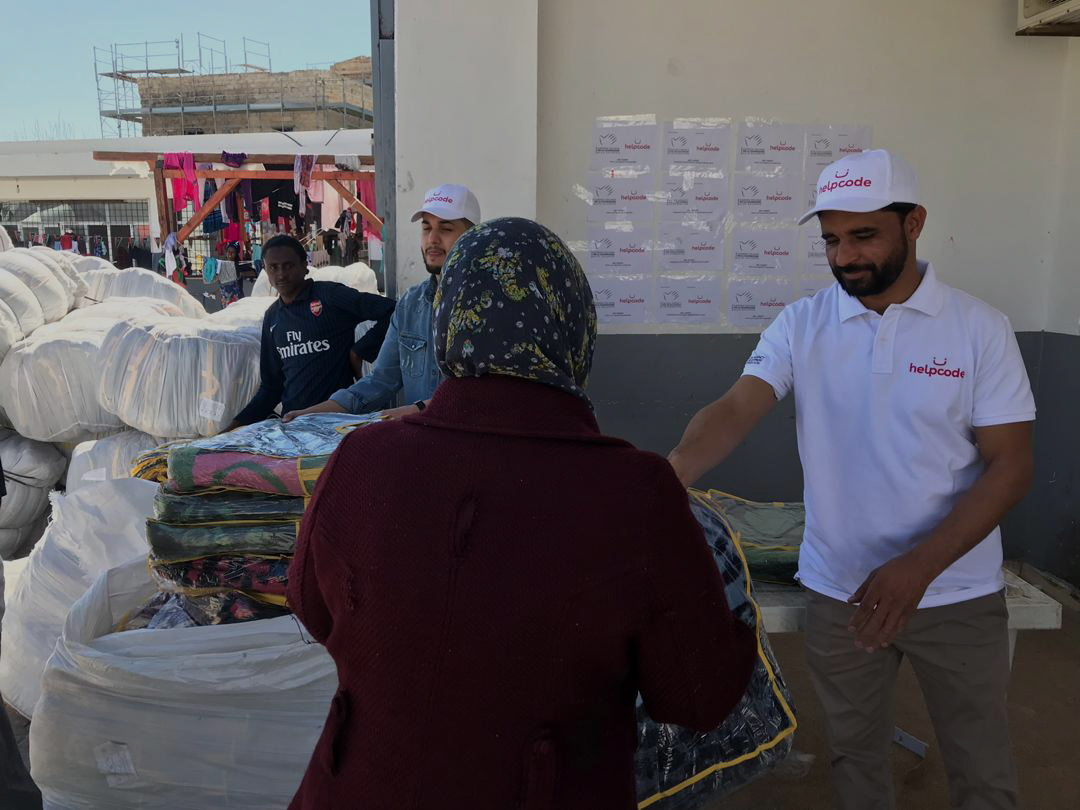
Access to safe water and the correct management of freshwater ecosystems are essential for human health, environmental sustainability and economic prosperity in every community. Recent projections show that by 2050, one in four people will live in an area of the world affected by water shortages.
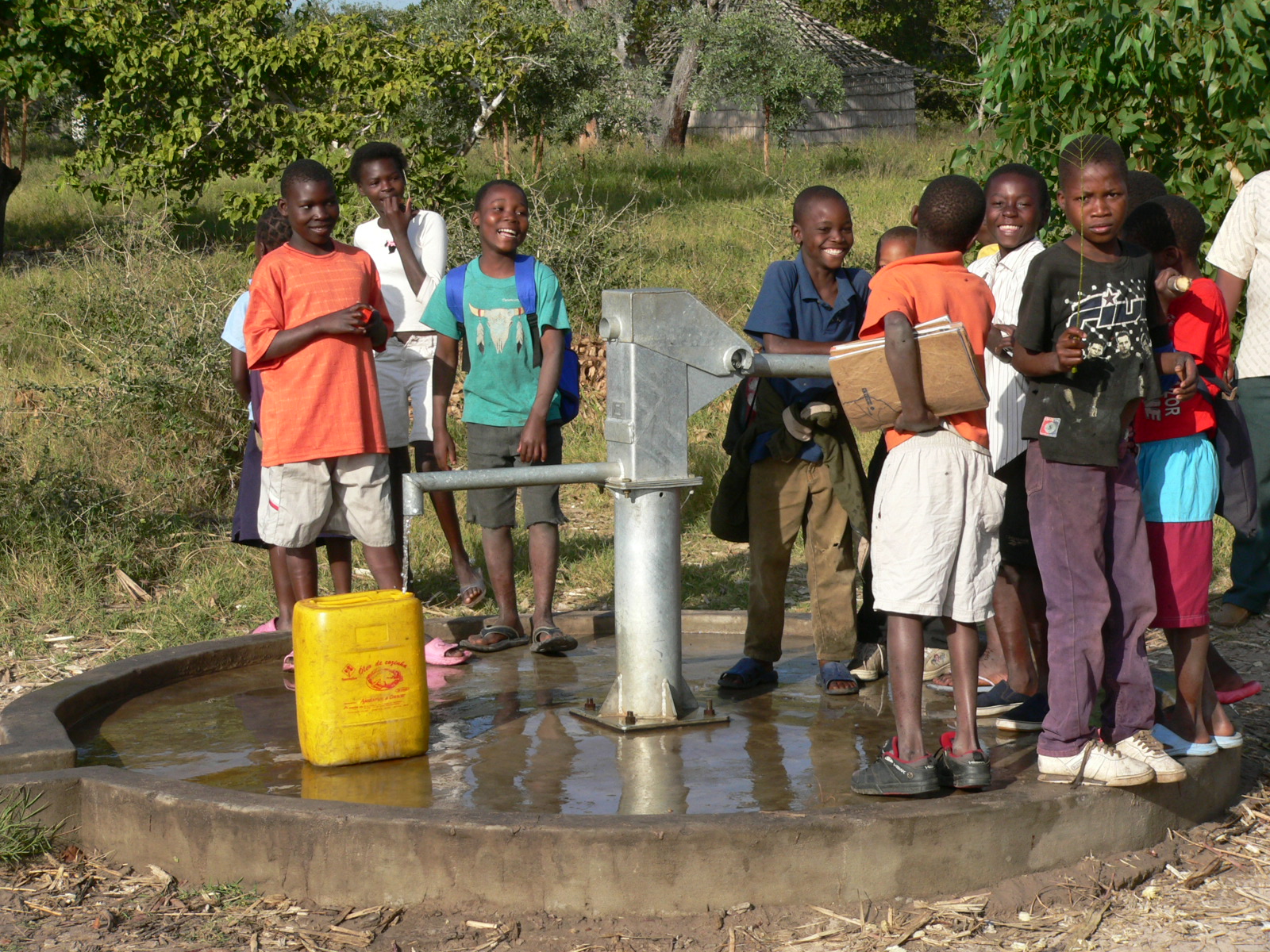
Those without access to drinking water or sanitation predominantly live in rural areas, especially in Central and South Asia, East and Southeast Asia, and Sub-Saharan Africa.
The lack of water (and the poor quality of the available water in many cases) has serious consequences for the health of the population, aggravating the already devastating effects of malnutrition and its associated diseases. Over 800 children die each day from diseases linked to a lack of sanitation or poor water quality.
North Africa and the Middle East also suffer from major problems in this area. Many of these areas have water stress levels* above 60%, an important indicator that suggests a high probability of water shortages.
Effective water management requires the participation of a wide range of stakeholders, not least the local communities. A United Nations survey conducted in 2016-2017 revealed that over 80% of the 74 countries in question had clearly defined procedures to involve users/service communities in the management of water supplies and sanitation.
Our initiatives focus on universal access to water, basic healthcare, and the elimination of hygienically unsound practices, especially in the most at-risk rural areas of Asia and Sub-Saharan Africa. Through a sustainable approach to water and its sources, we can improve the health of boys and girls, produce better food, create jobs and ensure the economic development of communities.
(*) Water stress occurs when the demand for water exceeds the available amount during a certain period or when poor quality restricts its use.
1
We promote and develop the participation of local communities in order to improve the management of water supplies and sanitation, supporting local authorities in implementing policies and procedures that encourage community participation in water management.
2
We strive to ensure proper and adequate hygiene, paying particular attention to the needs of women and girls in vulnerable situations.
3
We work to create gender-specific toilets and bathrooms, focusing on people with disabilities in the educational contexts where we operate.
4
We build wells and plumbing systems, especially in areas lacking in facilities and in remote locations, to improve access to safe water.
5
We adopt innovative technology aimed at optimising the use of water in farming contexts.
6
We offer training on effective water management, and we help to spread the word about new irrigation techniques that can improve and optimise the management of water resources, with the participation of local communities.
With our projects we aim to improve the water and sanitation management of local communities, building new wells and toilets, divided by gender, guaranteeing the possibility of school access also to girls.
Emergency Assistance and Humanitarian Protection to migrant population in Tripoli area.

First aid intervention to improve the sanitary conditions in migrant detention centers in Tripoli, Libya
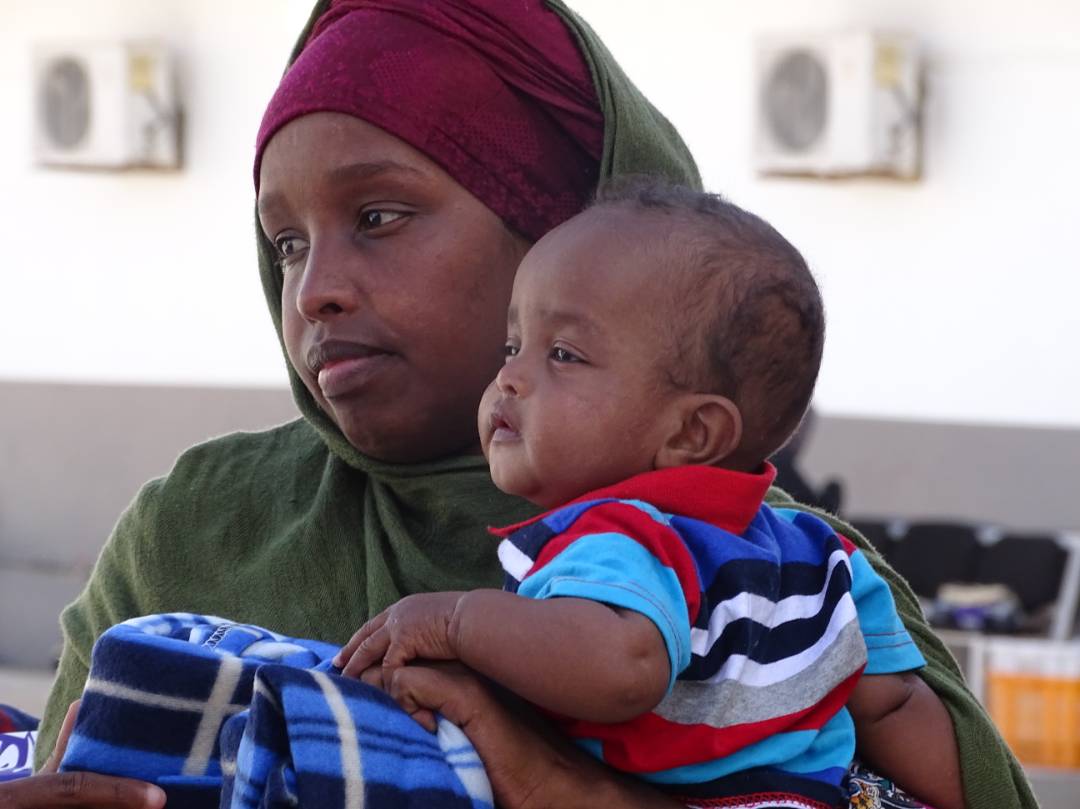
Providing food aid and helping to restore water sources to mitigate the effects of drought in Maputo Province
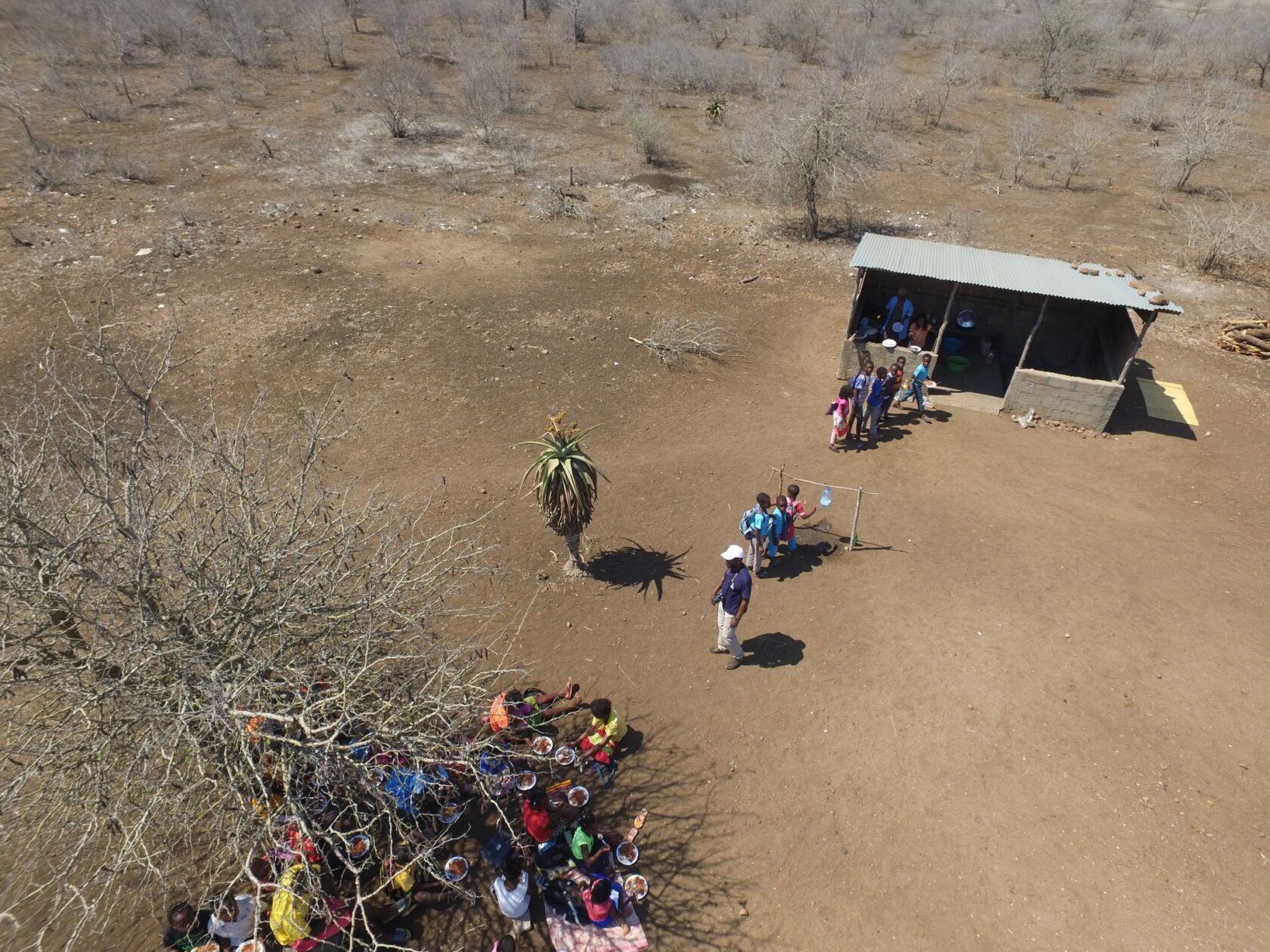
Developing agricultural production and livestock farming techniques to mitigate the effects of the “El Niño” phenomenon and increase the resilience of rural districts in Maputo Province
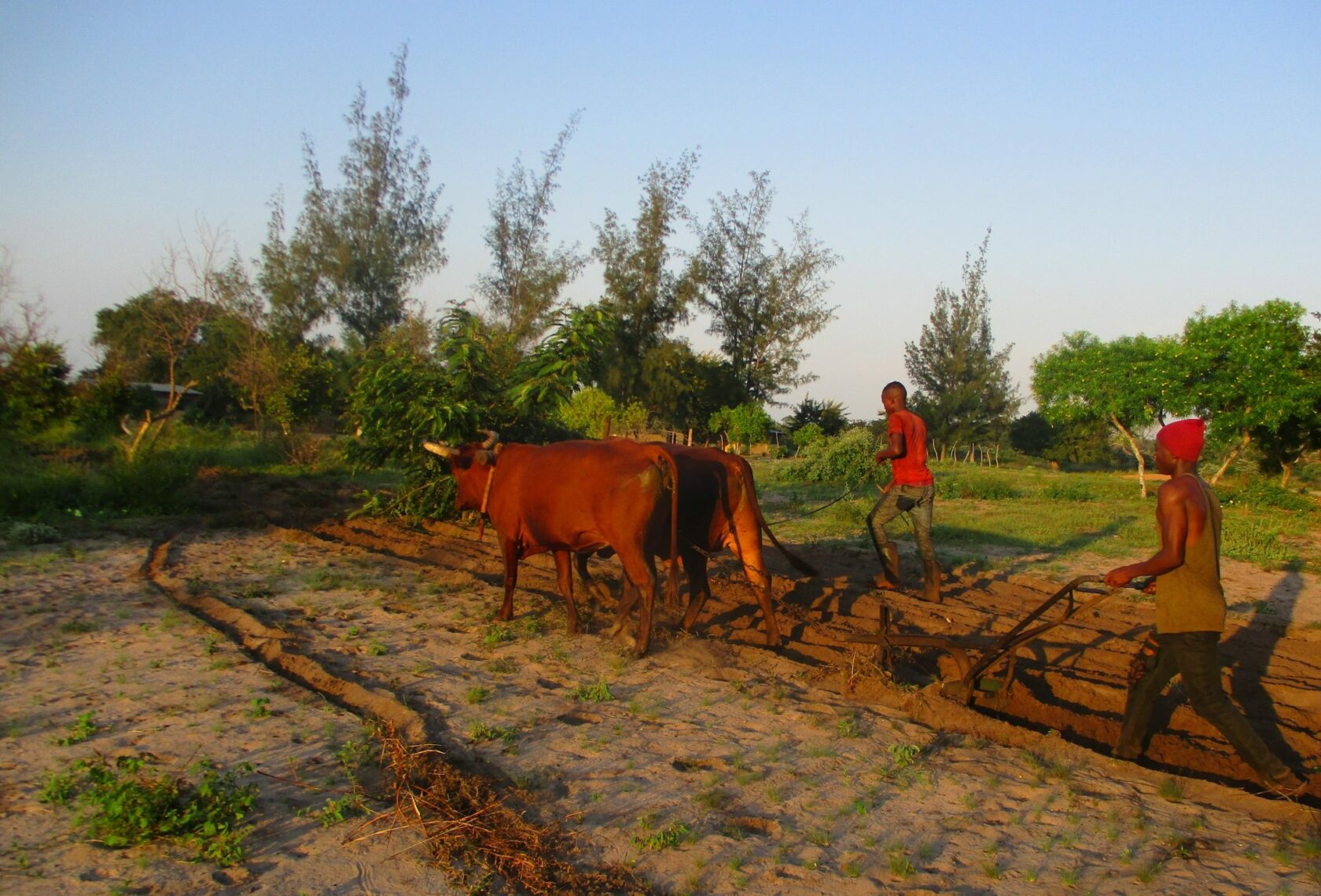
Responding to the earthquake in Nepal’s rural communities
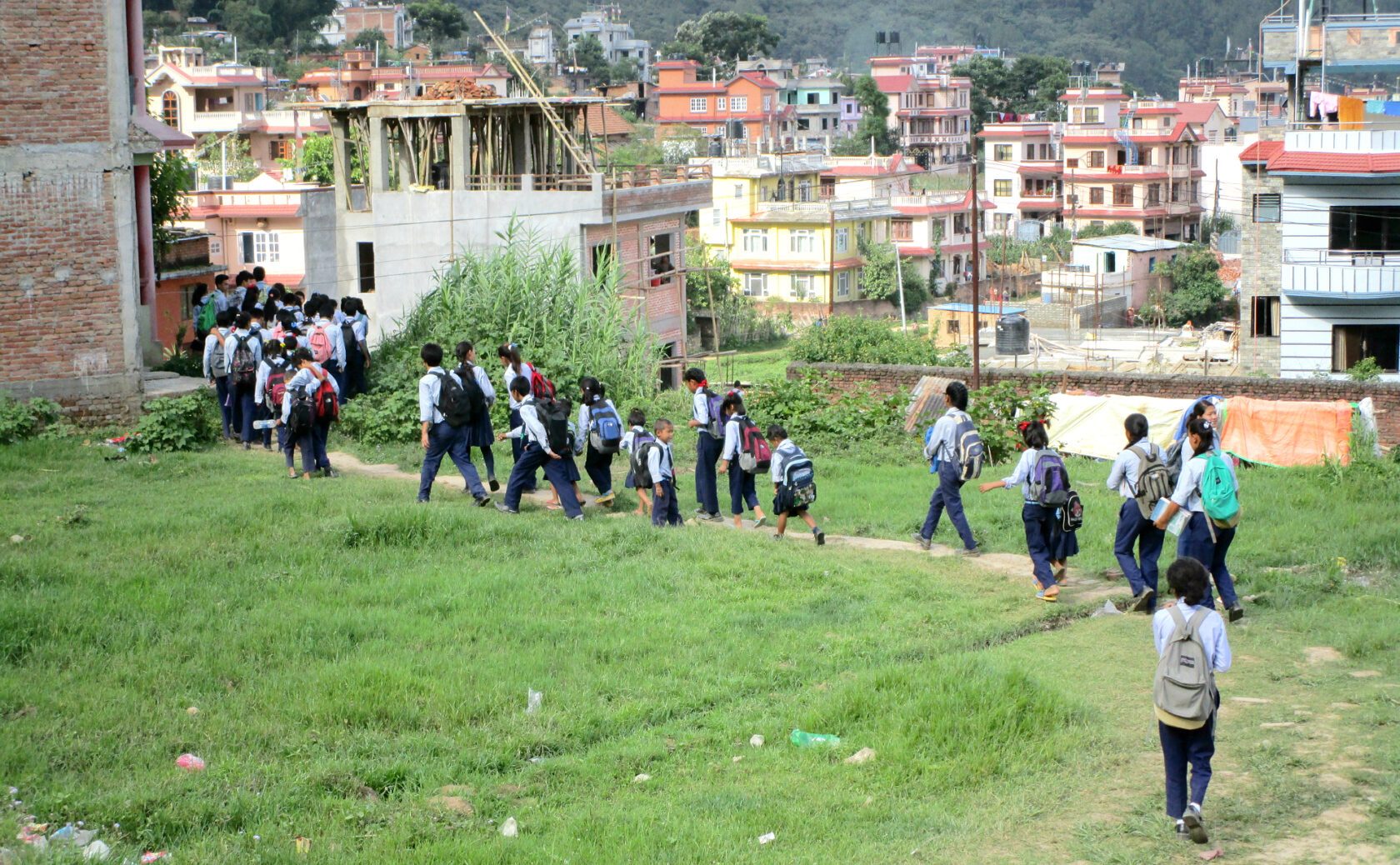
We’re working to increase access to education for all Cambodia’s girls
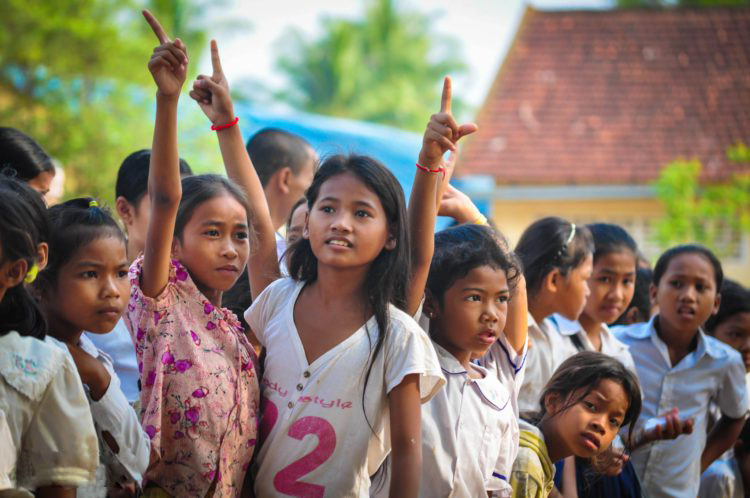
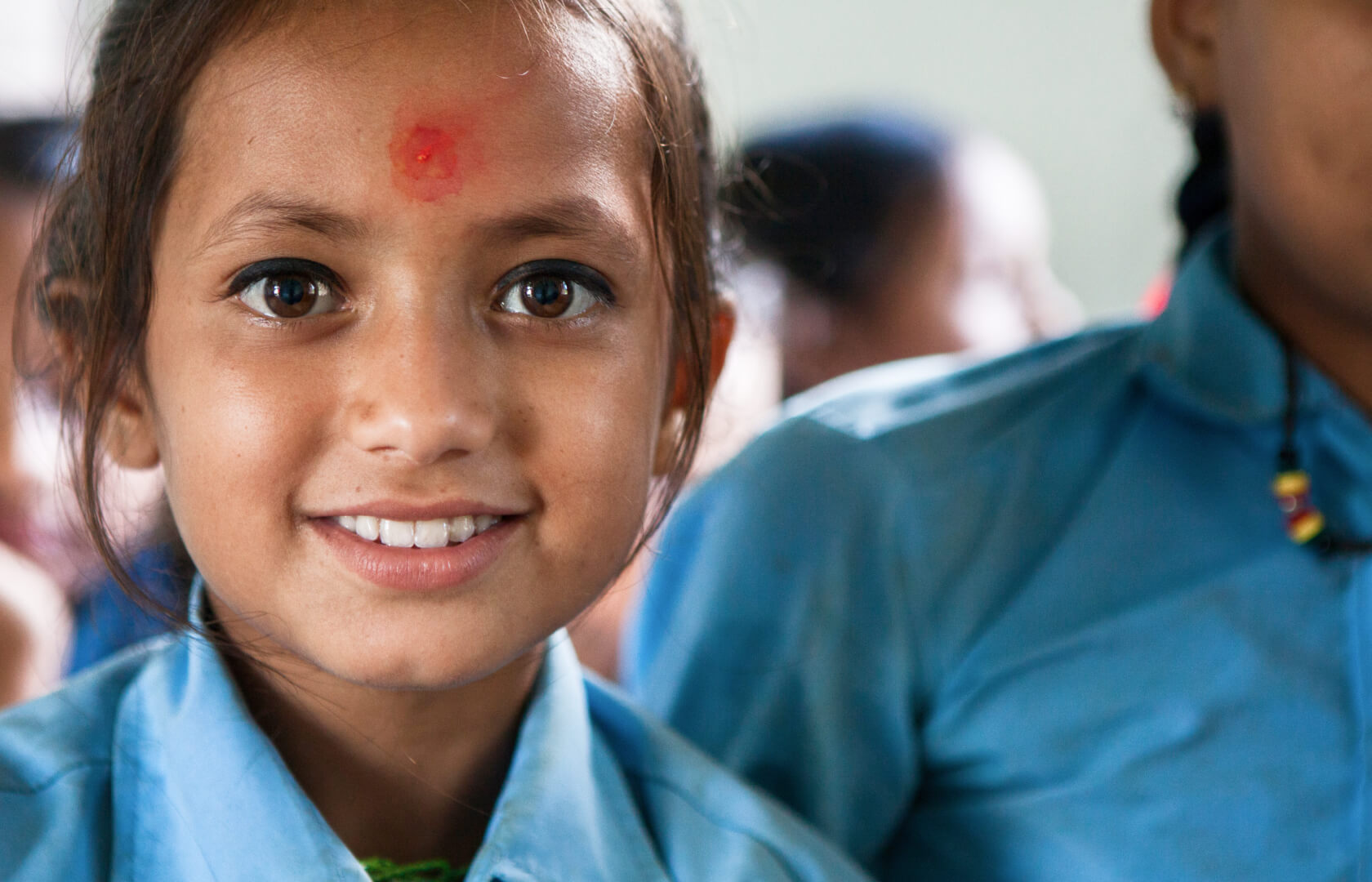
Guarantee a good education for all children.
Together we can eradicate educational poverty from the planet. Come and join the Helpcode community.
Make a donation
Help a child in difficulty now.
Make a monthly donation
Change the future for many more children, every day.
Sponsor a child
Help a child in difficulty carry on learning and growing, giving them a better future.
Would you like to help vulnerable children in a different way? Here are some suggestions.